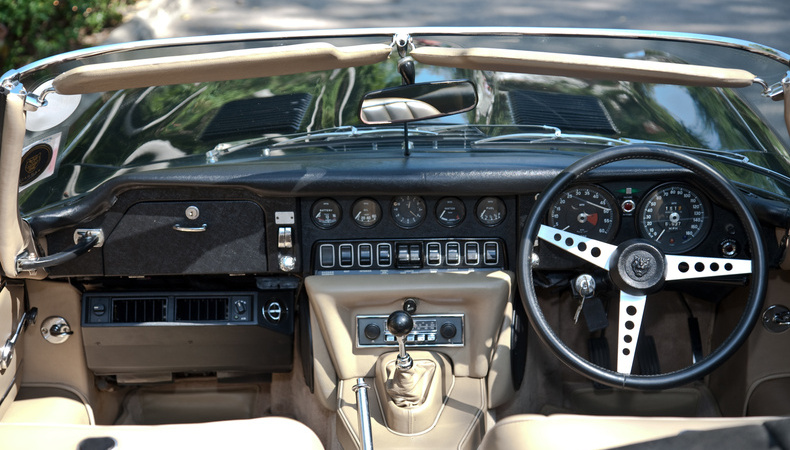How Might the 2030 Petrol Ban Impact the Classic Car Market
As part of the UKs ‘net zero emissions by 2050’ goal, the government has stated that there will be a petrol ban brought into place by 2030 to phase out combustion engine vehicles. The ban will apply to the sale of new cars only, but many are concerned about how it will affect the market, especially where classic and retro motors are concerned.
The ruling will specifically be implemented to halt the sale of new petrol and diesel vehicles, so ministers are keen to emphasise that motorists will still be able to drive their existing cars after the ban comes into play. It also means that the existing infrastructure, such as petrol filling stations, will still be in place for some time to come.

The Impact to Classic Motors
As a result, classic and retro cars should not be affected – the government is expected to consider vehicles over 40 years old as historic, which will enable them to continue to be used even in ultra-low emission zones. Experts imagine, however, that there may be pressure on owners to convert classics to electric power, which will no doubt be reinforced even further by low emissions zones. Another concern that drivers have, is that fuel may become overly expensive as a result of higher tax on petrol and diesel.
For many classic car enthusiasts, however, the ban may actually be good news – if there are no more conventional cars leaving showrooms, petrolheads will be able to get their fix from older motors. Since the infrastructure will remain for existing cars, there will still be a market for purchasing classic cars and restoration projects, as well as heritage experiences and festivals like Goodwood Revival where people will be able to enjoy the community and culture which surrounds classic cars. Since most classic cars are driven infrequently, they don’t use as much fuel as an everyday motor.
A Hit to the Demand
It is anticipated that the resale value of traditional cars will be hit as the demand for combustion engine vehicles dips, particularly as areas outside of the capital introduce ultra-low emissions zones. It’s also expected that the value for used cars will plummet as 2030 approaches, with car manufacturers discounting new models heavily in preparation for the ban.
Classic cars are a passion project for most people who share an interest in them, so the drop in cost is likely to be a benefit rather than a deterrent. For true enthusiasts, the ban could even provide a unique opportunity to seek out models in advance of 2030, not for financial reasons but for the joy of owning a piece of engineering history.

The classic car sector is worth an estimated £7.2 billion, so it’s unlikely that this industry will be ignored when the government enforces the ban. Not only would a ban to classic cars signify a loss of heritage and culture, but it would also spark outrage among collectors and enthusiasts around the country. While historic owners don’t need to consider selling their collections just yet, there’s no doubt that the industry will change as a result of the government’s ruling on this matter.
